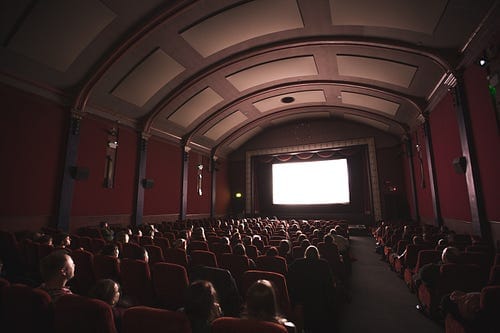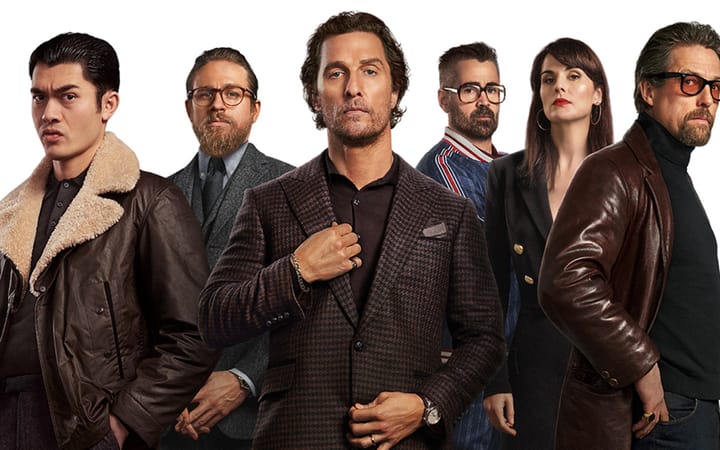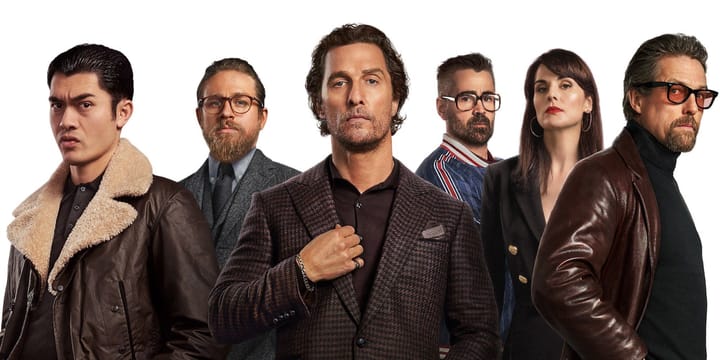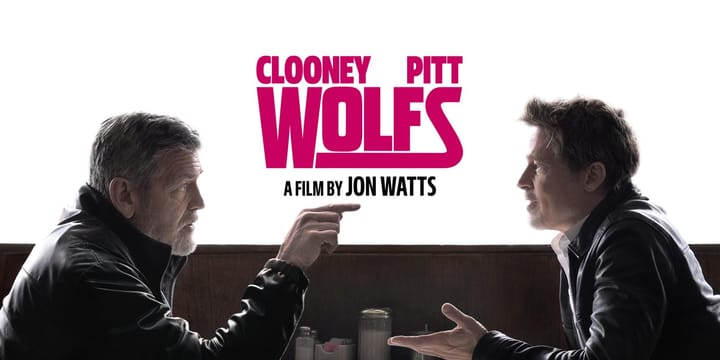Movies are the New TV

In a previous article about rewatching movies, I referenced theater having been in the business of making rewatchable stories for centuries. It’s a hallmark of the medium. But with the nature of theater’s live performance, the written word is the only aspect that stands the test of time and reaches the most people.
Film is an evolution of this, by having the whole finished product encapsulated in time, with all the technical and creative contributions locked for rewatching, along with discovery by later generations.
But while rewatchable is an evolution of theater, there has been another aspect of theater that film is straight-up cribbing. And that is remakes.
I know, film remakes have been around since the beginning of movies. But what is different now, is the change in how remakes are perceived.
Remakes cover a wide range, from stories traditionally redone, to lesser know B-pictures, to formerly commercially successful (yet not iconic) films, to name a few.
But the times are a changin. There are two big trends that have been gaining traction over the past decade. The first is a clear, rapid acceleration the decline of time between remakes. What use to be decades and generations between a film’s redo, has dropped to ten years or less. The second is riding the nostalgia train and in the process, slaying the sacred calf — remaking iconic films.
The essential part of a remake is modernizing a great story to connect with a new audience. But these two trends do seem to fly in the face of that purpose.
Redoing a film less than ten years isn’t making a movie for a new generation. It’s trying to cash in again on the same generation and mostly the same audience.
Remaking a classic doesn’t make sense, because the reason that it’s a classic is that everything it’s done stands the test of time. It’s the sum of the movie, not just a certain part, that creates the lasting connection the audience has towards it, including newer generations.
It’s interesting to watch remakes of movies that only came out less than 15 years ago. When the modern original debuted, it was seen as groundbreaking. But now it looks dated and cheesy. I’m looking at you Spiderman. Successive remakes feel deeper and more honed. Only to be replaced themselves.
As mentioned above, comic book movies have started this trend of increased remakes, Batman also comes to mind, but the nostalgia movement has brought it bear on any property. While this seems enticing from an executive level to have a built in audience with a familiar property, it’s a real tightrope to walk. Between not pissing of the older fan base and finding new ways to engage a younger audience with no connection to the story.
Especially given that historically most remakes do not succeed, all the odds seem stacked against them.
Which is why I find it fascinating, the remake era we currently live in, both in Film and TV. While there can be many complaints to be made of remakes, and I’ve had my shared, I’m beginning to adjust my thinking.
What this is signaling to me it is that this trend is actually a maturation of an industry. Much like plays are constantly performed from the same script, with different variations in style and point of view, so too are the new crop of movies and shows rethinking older stories. And that it the interesting charm to them.
I really started to change perspectives, when rage machine got fired up whenever there was a beloved film remake announcement. I realized that remakes don’t change the original source material’s value and essence. Remakes have a chance to change the perspective of a story that can reach and relate to a different audience, update it to relevancy for a younger generation, and show that no one story has a singular view of the world.
Which come back to the essence of a remake. Connecting with a new and current audience.
That is exactly what these remake trends are trying to do. Find new and diverse audiences. Regardless of the studio reasons (i.e. rights, controlled IP, etc.), reimagining older properties allows great stories to be told from a new and different perspective, just like theater.
But unlike theater, film is not beholden to the exact words of the script, just the ideas and intentoions behind the story. Having that flexibility, be it the narrative, concept, or visual style, these creators can update old notions and hone a story’s message for its current moment.
This is new territory for for the film industry and it’s viewing audience. A shift in how we interpret a film’s resonance and longevity. Some remakes will work, many will be disasters. But that’s okay. An original iconic film’s legacy doesn’t change because of subsequent new takes. If anything, it’s strengthened and given a new audience by way of relation to the new one. But if a re-envisioning can express the essence of the original and capture the imagination of the new public, it is worth the chance.
So the next time a remake of recent film or your favorite iconic or cult classic is announced, don’t rage out that it’s blasphemy or that Hollywood is out of ideas. Allow the creators to give their interpretation with an open mind, then judge it on its merits of the final product. Because the fact is that at some point all the classics will be remade. Gone with the Wind, The Godfather, American Pie they’re coming. And everything will be okay.





Comments ()